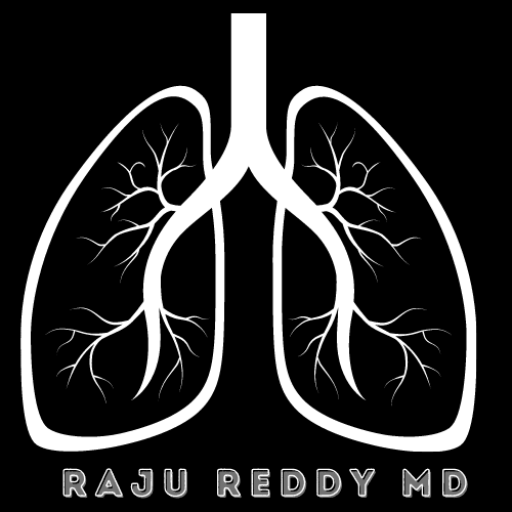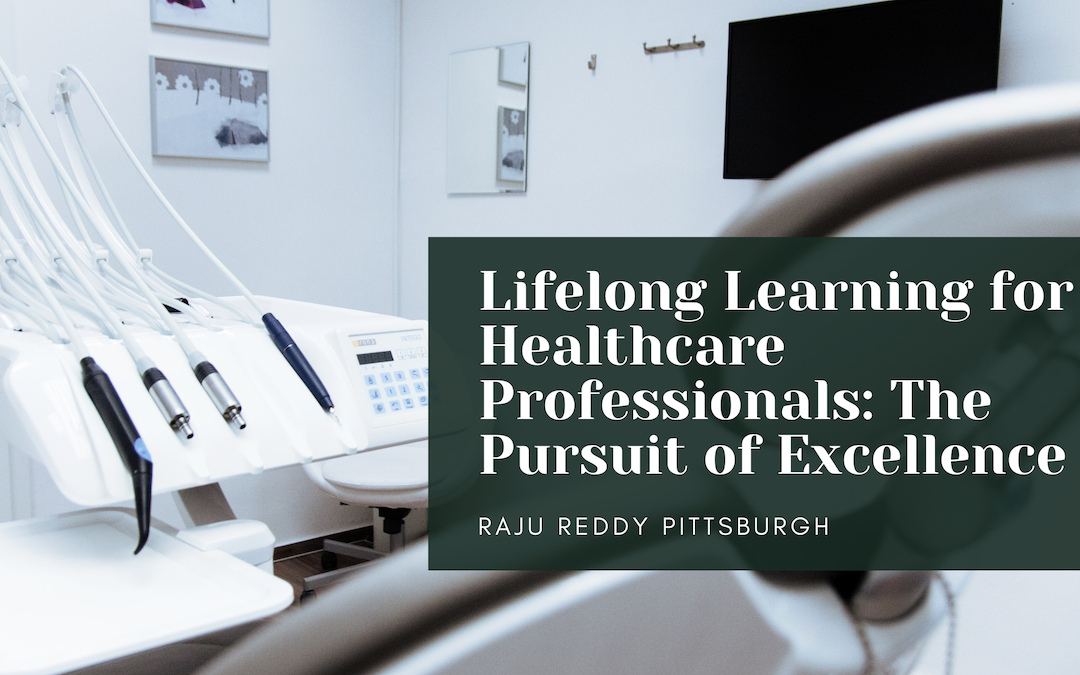In the ever-evolving healthcare landscape, pursuing excellence is a continuous journey that demands constant growth and adaptation. Lifelong learning has become a cornerstone for healthcare professionals, ensuring they remain current, competent, and capable of delivering the highest quality care. In this blog, we delve into the significance of lifelong learning in healthcare and explore how it fosters excellence.
- Adapting to Advancements
Rapid technological advancements, treatment methodologies, and research findings mark healthcare. Lifelong learning enables healthcare professionals to stay up-to-date with these changes, allowing them to incorporate cutting-edge practices into their work. Whether it’s new surgical techniques, innovative medical devices, or breakthrough medications, staying informed ensures patients receive the best available care.
- Enhancing Patient Outcomes
The patients are the direct beneficiaries of a healthcare professional’s commitment to lifelong learning. Practitioners who continuously update their skills and knowledge are better equipped to diagnose accurately, create tailored treatment plans, and respond effectively to unexpected challenges. This translates to improved patient outcomes, reduced risks, and enhanced patient satisfaction.
- Navigating Ethical and Cultural Challenges
Healthcare professionals interact with diverse patients, each with unique needs and backgrounds. Lifelong learning equips professionals with cultural competence and ethical awareness to provide sensitive and appropriate care. By understanding cultural nuances and moral dilemmas, healthcare providers can make informed decisions that respect patient autonomy and rights.
- Promoting Critical Thinking
Lifelong learning nurtures critical thinking skills, allowing healthcare professionals to analyze complex situations, weigh evidence, and make informed decisions. This skill is particularly crucial in healthcare, where split-second judgments can have far-reaching consequences. Continuous learning encourages professionals to approach challenges with an open mind, seeking innovative solutions and learning from mistakes.
- Fostering Interdisciplinary Collaboration
Healthcare is a team effort that involves various disciplines working together for the best patient outcomes. Lifelong learning provides opportunities for professionals to collaborate with peers from different specialties, enhancing their understanding of multidisciplinary approaches. This collaborative mindset leads to comprehensive care that addresses all patient health aspects.
- Maintaining Professionalism
Lifelong learning is a hallmark of professionalism in healthcare. It demonstrates a commitment to one’s craft, a dedication to improvement, and a respect for the evolving nature of medicine. Patients, colleagues, and institutions recognize and value professionals who invest in their education, enhancing their credibility and reputation.
Pursuing excellence in healthcare is an ongoing journey that hinges on lifelong learning. By embracing continuous education, healthcare professionals can adapt to advancements, enhance patient outcomes, navigate challenges, promote critical thinking, foster collaboration, and maintain professionalism. As the healthcare landscape continues to evolve, the dedication to lifelong learning ensures that professionals are well-equipped to provide the highest standard of care, ultimately positively impacting countless individuals’ lives.

